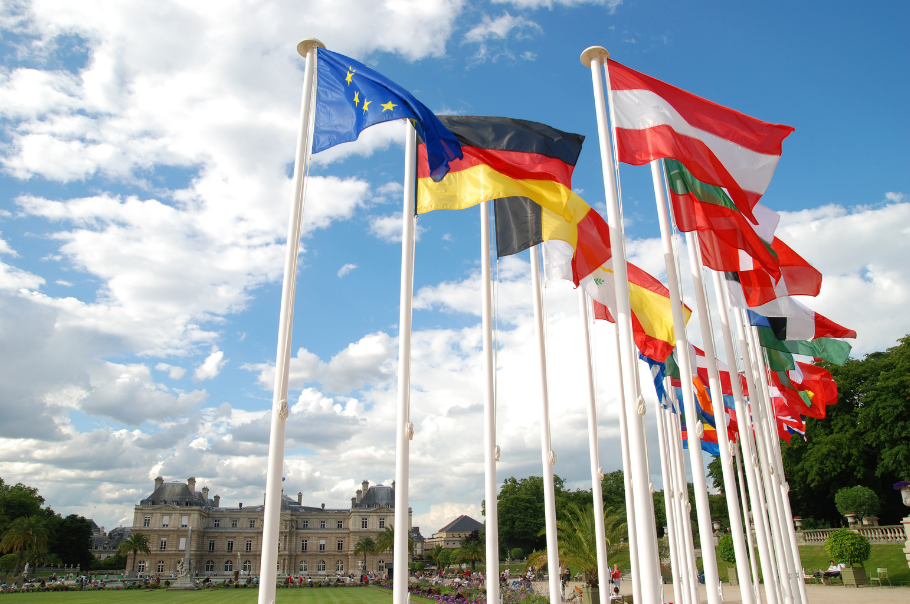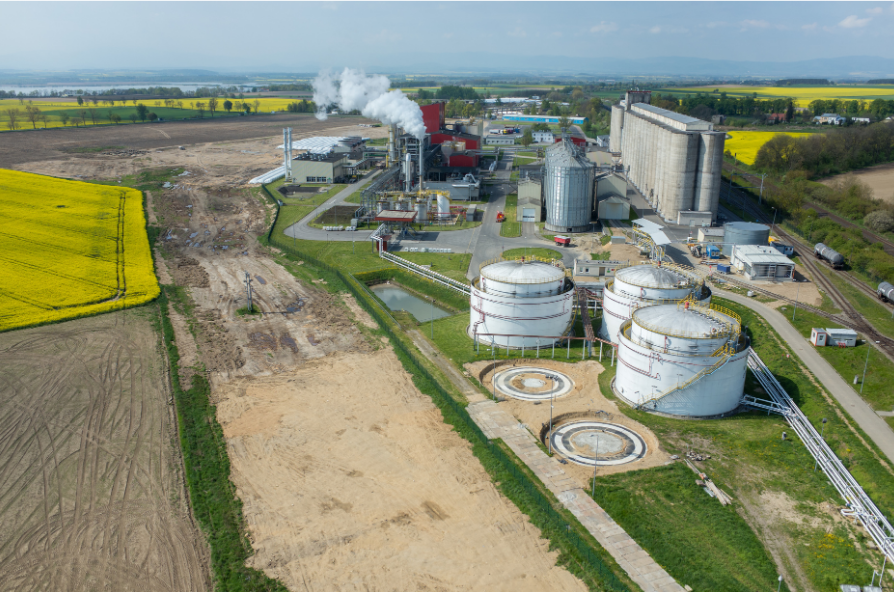1. A harmonized implementation of the Renewable Energy Directive (RED III) for fulfillment of climate ambitions
The Methanol Institute defends the need for a harmonized approach across EU countries to efficiently implement climate policies. This includes establishing binding targets and developing cross-border tools to avoid market fragmentation.
Additionally, MI advocates for legislative consistency and urges the recognition of imported biomethane and biomethane-based fuels within the Union Database (UDB).

2. The introduction of sufficient and intelligible targets for renewable fuels of non-biological origin (RFNBOs) and advanced biofuels, in line with the RED III.
RFNBOs and advanced biofuels are crucial for the energy transition in transport and industry to achieve the EU’s climate targets. Since July 2023, e-fuels like e-methanol are recognized as RFNBOs, required to reduce emissions by at least 70% compared to gasoline and diesel.
The Methanol Institute advocates for more ambitious RFNBO targets, proposing increases before 2030 to stimulate immediate investment. Introducing an interim 2.6% target for the share of RFNBOs in transport by 2027 would spur the market ramp-up of RFNBOs.

3. The use of industrial CO2 and the acknowledgment contribution of CCU irrespective of carbon source.
The Methanol Institute calls for a substantial amendment to the delegated regulation mentioned in Article 29a of the Commission’s proposal. This amendment should mandate the acknowledgement of all sources of captured carbon as essential contributors to reducing greenhouse gas emissions in the transport sector, thus affirming Europe’s commitment to ambitious climate goals.
Given the climate urgency, the Methanol Institute advocates for the consideration of the inevitable use of industrial CO2 post-2041, in the context of the EU Industrial Carbon Management Strategy and the 2040 climate targets. We stress the importance of allowing the use of industrial carbon under strict regulation until 2041.

4. The recognition of the plurality of solutions capable of delivering GHG reduction targets.
The Methanol Institute encourages EU authorities to adopt diverse, technology neutral strategies, enhancing resilience and adaptability in the face of evolving climate threats.
As such, MI recommends enabling the wide-ranging emission reduction technologies available today through legislation, delivering the contribution of sustainable fuel blends to a greater extent, unlocking the GHG reduction potential of existing low-carbon energy carriers, and facilitating alternative fuels imports.


